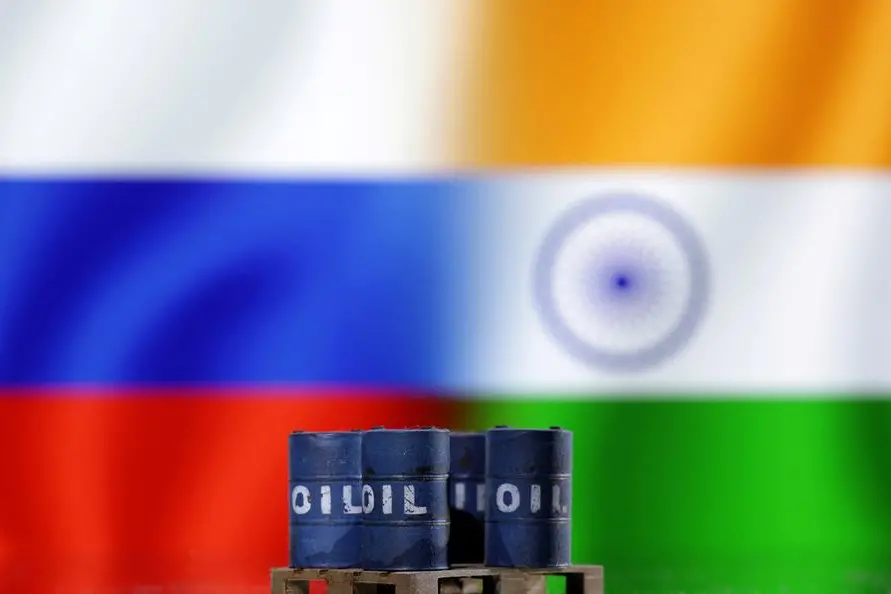PHOTO
The tensions in the Red Sea are unlikely to dent Russia’s position as a major crude supplier to India, according to S&P Global Commodity Insights.
In its report on Monday, the rating agency said that despite a series of attacks on commercial ships in the trade waterway, oil shipments from Russia to India remain unaffected. Route plans of suppliers dealing with Indian refiners have likewise remained unchanged.
Russia emerged as India’s biggest crude supplier last year, accounting for more than a third of its imports. Crude flows from Russia to India amounted to 1.7 million barrels per day last year, representing 35% of the Asian state’s total crude imports in 2023.
The trend is likely to continue in early 2024, S&P said.
“India’s demand for Russian crude remains resilient despite Red Sea threats, with no known diversions seen so far,” said Sumit Ritolia, refinery economics analyst at S&P Global.
S&P also noted that Russia has around 112 million barrels of oil on water, with at least 43.7 million barrels on their way to India.
“Notably, 19.2 million barrels are positioned in proximity to the Indian subcontinent, covering the Arabian Sea, Indian ocean East and Southeast Asia. In the case of any disruptions, refiners or traders have the option to utilise these volumes to sustain refinery operations,” S&P said.
Attacks on vessels in the Red Sea, which connects to the Suez Canal, have prompted many shipping operators to reroute to the Cape of Good Hope in South Africa. The alternative trip, however, is deemed costly and takes longer.
Higher prices
While Russian crude suppliers are expected to continue using the Red Sea, Ritolia noted there is expectation that the supply coming from the US and Latin America may opt for the Cape of Good Hope route.
And if the situation won’t improve, oil prices could also go higher and India could resort to alternative suppliers from the Middle East, added Vibhuti Garg, director for South Asia at the Institute for Energy Economics and Financial Analysis.
“India was benefiting from the discounted Russian oil but in the current circumstances, while there are no current diversions, future contracts could be in jeopardy and India might look for alternative supplies from the Middle East.”
(Writing by Cleofe Maceda; editing by Brinda Darasha)





















